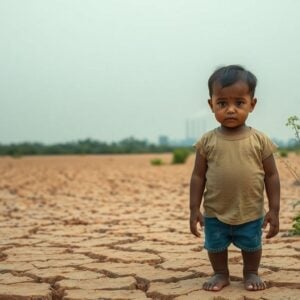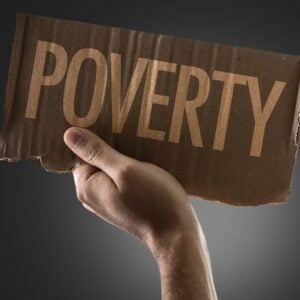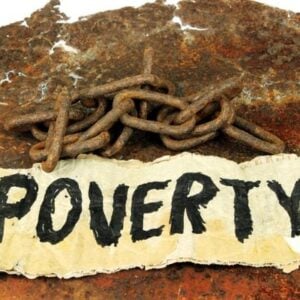Kerala has achieved a historic milestone by eradicating extreme poverty, becoming the first state in India and South Asia to do so. The state plans to make an official declaration on November 1, 2025, highlighting its commitment to inclusive growth through over 73,000 meticulously crafted micro-plans. These community-driven initiatives, combined with strict monitoring, have lifted thousands from extreme deprivation, demonstrating the transformative potential of targeted policies.
The journey began with the identification of families living in extreme poverty, defined by the NITI Aayog’s Multidimensional Poverty Index as earning less than Rs 1.25 per day with severe deficiencies in health, education, and living standards. Under Chief Minister Pinarayi Vijayan, the Left Democratic Front government launched the Extreme Poverty Eradication Programme in 2021, involving local self-governments in creating personalized micro-plans addressing housing, healthcare, employment, and education. By mid-2025, several districts, including Kottayam, had already declared themselves poverty-free, setting the stage for statewide success.
Kerala’s achievement builds on its longstanding legacy of progressive reforms, often referred to as the “Kerala Model” of development. The state has consistently outperformed national averages in human development, achieving near-universal literacy in 1991 and reaching 96.2% today, the highest in India. Land reforms in the 1950s and 1960s redistributed land to tenants, reducing inequality and empowering millions.
Healthcare has been another cornerstone of Kerala’s success. With a universal healthcare network established since the 1970s, the state has dramatically reduced infant mortality to six per 1,000 live births and achieved a life expectancy of around 75 years. Nutrition programs, such as the statewide midday meal scheme, have further strengthened public health outcomes. Kerala’s Human Development Index of 0.784 in 2022 rivals countries like Sri Lanka and Thailand, while gender equality and environmental initiatives, including organic farming, reflect the state’s holistic approach.
The poverty eradication initiative leveraged digital monitoring tools and collaborated with NGOs and Kudumbashree self-help groups, implementing 73,000 micro-plans to meet and exceed global Sustainable Development Goals ahead of schedule. As India continues to face significant poverty challenges, Kerala’s success offers a replicable model, demonstrating that prioritizing equity, education, and health can create a poverty-free future and serve as an inspiration for other regions.






